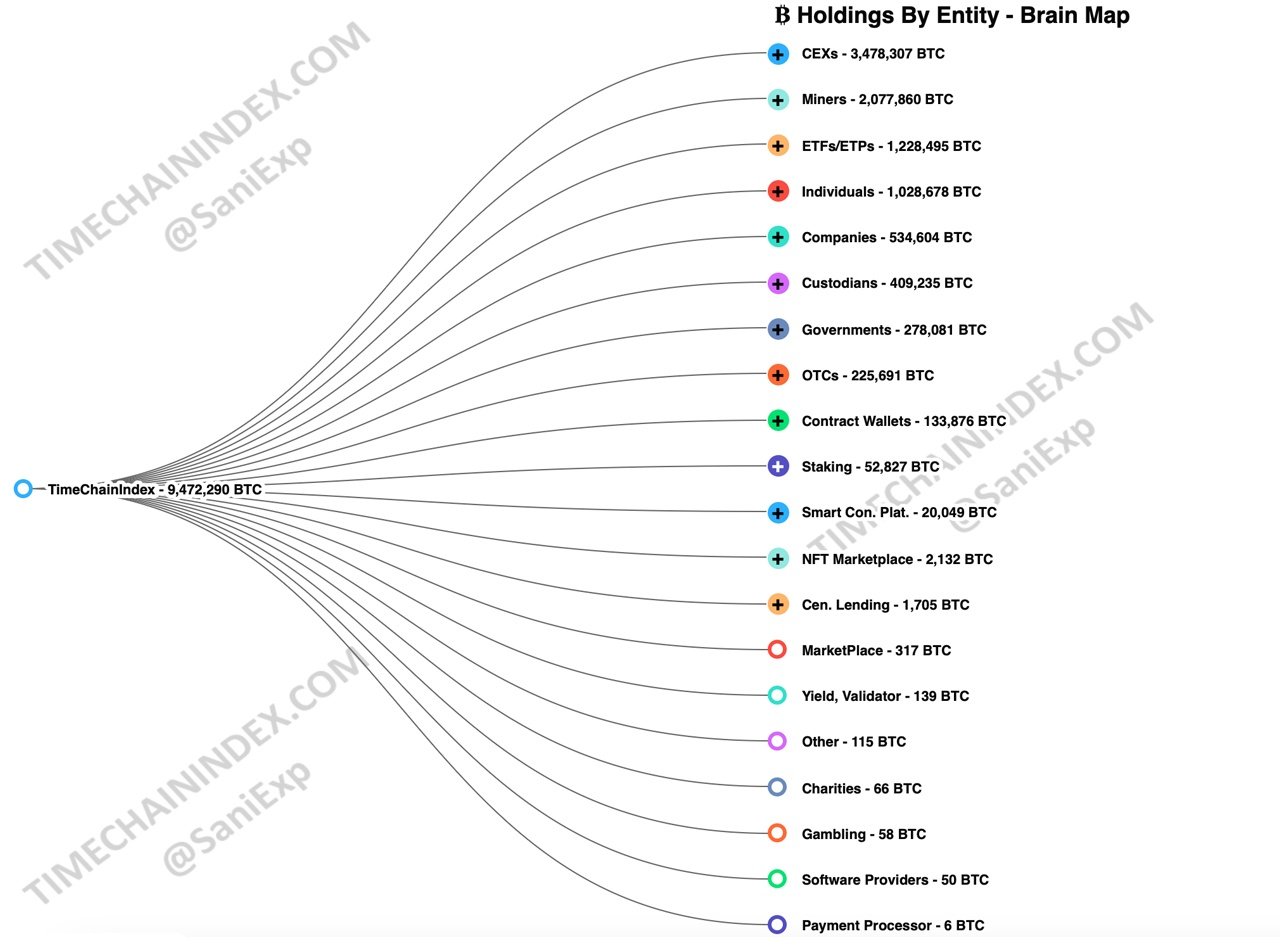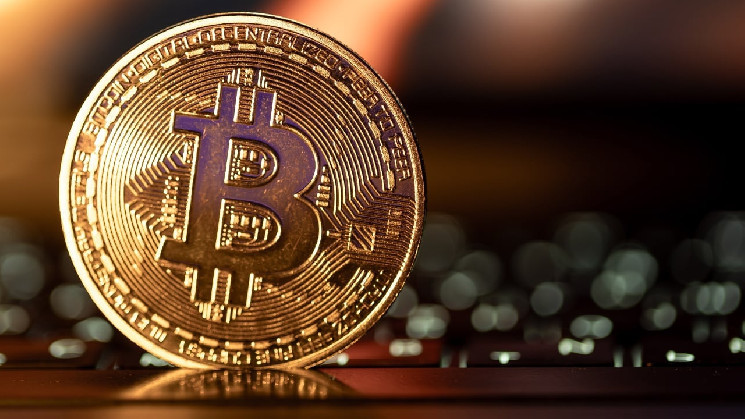Data reveals that Bitcoin’s total circulating supply has surpassed the 19.8 million mark, a notable milestone as the cryptocurrency edges closer to its maximum supply cap of 21 million.
19.8 Million Bitcoin Mined, Less Than 1.2 Million Left
Bitcoin’s supply mechanism has always been one of its defining features, with its capped issuance ensuring scarcity. As of today, over 94% of all bitcoin (BTC) has been mined, leaving less than 1.2 million BTC to be created in the coming years. This achievement emphasizes the approaching conclusion of its supply issuance, projected to occur in the year 2140, as dictated by its mathematical protocol.

A closer look at the entities holding BTC highlights a broad spectrum of ownership. According to timechainindex.com, individual holders, institutional investors, and governments collectively account for the majority of existing bitcoin. Notable among these are long-term holders or “HODLers,” who have maintained their positions through the cryptocurrency’s volatility, signaling strong belief in its value proposition.

The milestone also shines a spotlight on bitcoin’s unique supply dynamic. Unlike fiat currencies, which central banks can increase at will, the Bitcoin network operates under a strict supply schedule. Every four years, its mining rewards are halved, an event known as the “halving,” which effectively slows down its issuance rate. The next halving, set for 2028, will further reduce the reward from 3.125 BTC per block to 1.5625 BTC.
This scarcity has driven many to compare bitcoin to precious metals like gold, earning it the moniker “digital gold.” Proponents of this proposition argue that its finite supply makes it a hedge against inflation, while critics caution that its volatility and speculative nature could undermine its role as a stable store of value (SoV).
With just 1.2 million BTC left to mine, discussions about BTC’s sustainability and its place in the global financial system continue to evolve. This latest milestone underscores Bitcoin’s unique economic model, sparking fresh conversations about its future role in a rapidly digitizing global economy.

